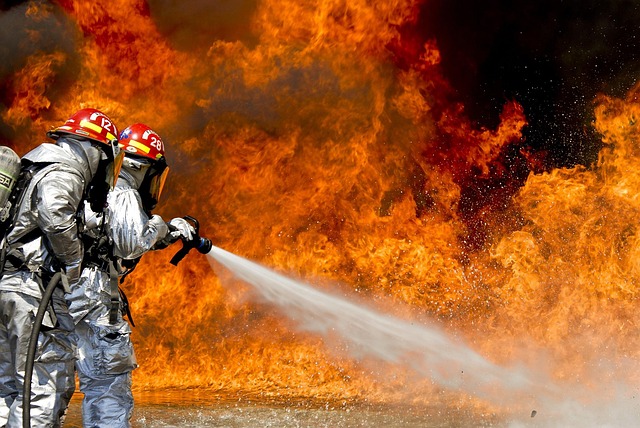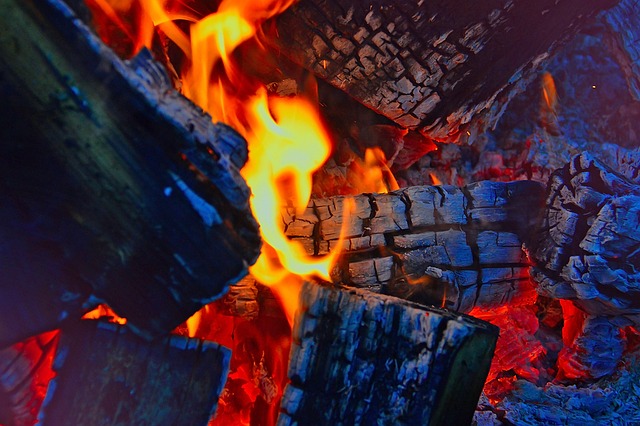Selling a home with fire damage in Chicago requires adhering to stringent city regulations aimed at ensuring safety, protecting tenant rights, and maintaining property values. Homeowners must disclose significant fire incidents, address structural repairs, update electrical systems, ensure accessibility compliance, and navigate post-sale considerations based on the extent of damage and property age. Transparency and proper knowledge of these guidelines are crucial for a successful sale, avoiding legal issues, and streamlining transactions in Chicago's competitive real estate market. Using SEO keywords "selling a home with fire damage Chicago" highlights the specific context and importance of these regulations.
“Chicago’s housing regulations are a comprehensive set of guidelines designed to ensure safety and quality. This article offers an in-depth look at navigating Chicago’s rules when selling a home with fire damage. From understanding the legal implications for sellers to exploring post-sale considerations, we delve into the crucial steps. Whether you’re a homeowner or real estate professional, this guide provides essential insights on managing and revitalizing properties affected by fire damage in Chicago.”
- Understanding Chicago's Housing Regulations: A Comprehensive Overview
- Fire Damage Disclosed: Implications for Home Sellers in Chicago
- Navigating the Legal Requirements for Selling a Damaged Property
- Post-Sale Considerations: Rebuilding and Renovating Guidelines in Chicago
Understanding Chicago's Housing Regulations: A Comprehensive Overview

Chicago’s housing regulations are designed to ensure safety, maintain property values, and protect tenants’ rights. When it comes to selling a home with fire damage in Chicago, understanding these regulations is crucial. The city has strict guidelines for repairing and rehabilitating properties, especially those affected by hazards like fires. These standards are set forth by the Building Division of the Department of Buildings and Housing.
For homeowners looking to sell a property with fire damage, this means adhering to specific codes and requirements. This may include structural repairs, updating electrical systems, and ensuring compliance with accessibility guidelines. Failure to meet these standards can delay or even halt the sale process. However, with proper guidance and knowledge of Chicago’s housing regulations, selling a home with fire damage becomes manageable, allowing property owners to navigate the market effectively while addressing necessary safety measures.
Fire Damage Disclosed: Implications for Home Sellers in Chicago

When selling a home with fire damage in Chicago, it’s crucial to be transparent about the extent and nature of any previous fires. Fire damage disclosure is more than just a legal requirement; it’s essential for maintaining trust between sellers, buyers, and real estate agents. In Illinois, including Chicago, sellers must disclose any significant fire-related incidents that have occurred within the property. This includes providing details on when the fire happened, its cause, and the steps taken to repair or mitigate the damage.
Withholding information about fire damage could lead to legal issues and even potential fraud charges. Buyers have a right to know about any historical fire hazards and the measures that have been taken to address them. Prompt disclosure allows buyers to make informed decisions, negotiate terms, or opt for further inspections. In Chicago’s competitive real estate market, being upfront about fire damage can facilitate smoother transactions and help avoid disputes down the line.
Navigating the Legal Requirements for Selling a Damaged Property

When it comes to selling a home with fire damage in Chicago, navigating the legal requirements can seem daunting. Illinois has strict regulations regarding property sales, especially when dealing with damaged or distressed properties. Homeowners must disclose any known defects, including fire damage, to potential buyers. Failure to do so may result in legal repercussions and financial penalties.
Selling a home with fire damage involves several steps. First, conduct a thorough inspection to assess the extent of the damage and create a comprehensive repair estimate. Next, consult with a real estate attorney to understand the legal obligations and rights related to selling a damaged property. This will help ensure compliance with local building codes and zoning regulations, as well as protect the seller from potential buyer disputes in the future.
Post-Sale Considerations: Rebuilding and Renovating Guidelines in Chicago

When selling a home with fire damage in Chicago, post-sale considerations are crucial. The city has stringent rebuilding and renovating guidelines to ensure safety and maintain historical integrity. These regulations can vary based on the extent of damage and the property’s age, requiring careful navigation for homeowners looking to sell.
Chicago’s building codes mandate specific renovation practices for structures affected by fire. For instance, homes with significant fire damage might need to undergo structural assessments and comply with modern safety standards before they can be sold. Additionally, historical buildings have preservation regulations that govern how renovations should occur to maintain their unique character. Understanding these guidelines is essential for Chicago homeowners aiming to sell properties post-fire to ensure a smooth transition without legal complications.
Selling a home with fire damage in Chicago involves navigating a series of specific regulations aimed at ensuring safety and transparency. Understanding these regulations, from initial disclosure to post-sale renovation guidelines, is crucial for both sellers and buyers alike. By complying with these requirements, sellers can facilitate a smoother transaction, protect their investment, and contribute to the safe and sustainable rebuilding of their community. When preparing to sell a home with fire damage in Chicago, it’s essential to consult legal experts and adhere to local guidelines for a successful outcome.






